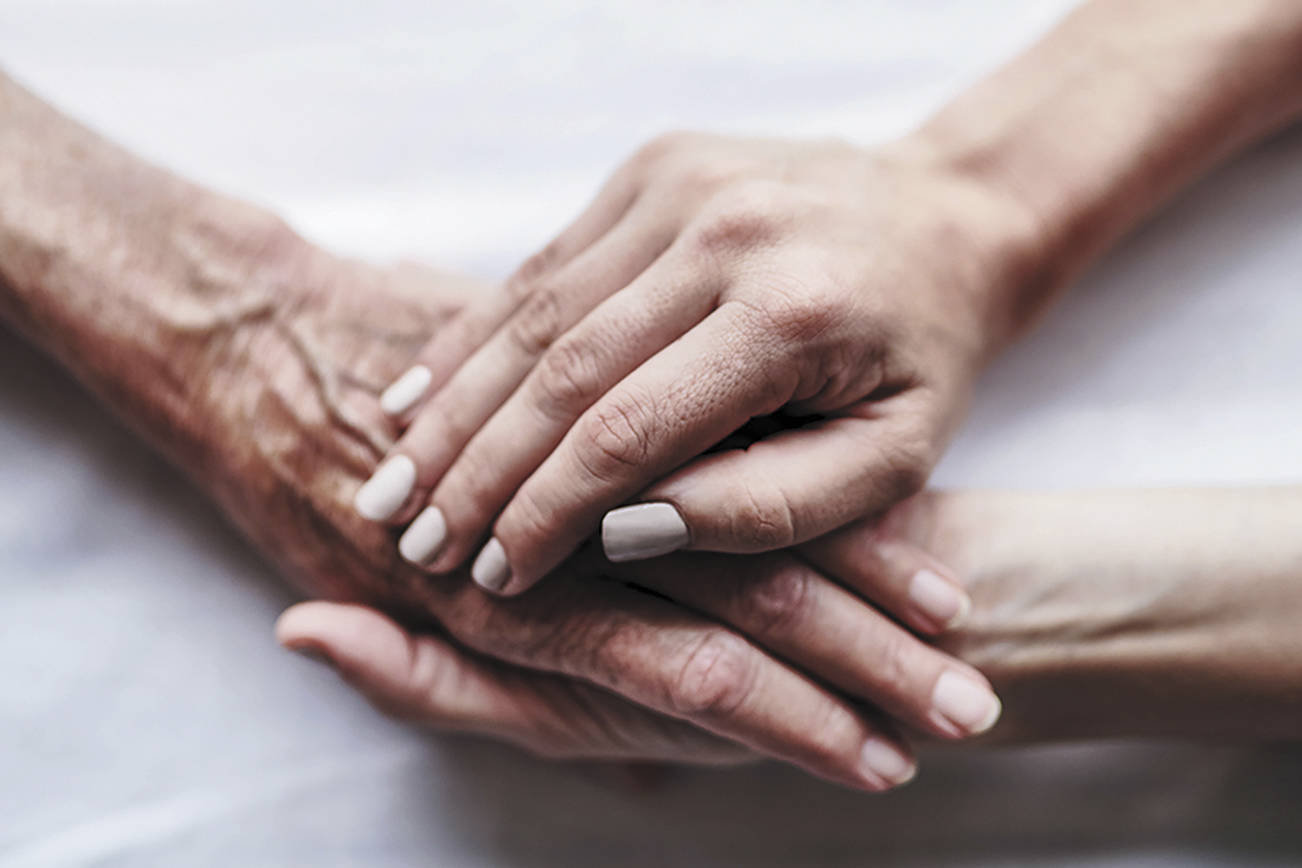by Department of Social and Health Services
Throughout the pandemic, Washington state’s caregivers have given crucial care to those most susceptible to COVID-19. Statewide, roughly 840,000 family caregivers work an estimated 770 million hours and provide $11 billion in unpaid essential assistance to loved ones, friends and neighbors each year. More than 30,000 parents and paid caregivers take care of Washingtonians with developmental disabilities. 46,000 in-home caregivers help Medicaid clients continue to live independently and avoid exposure to the virus by bringing them food and medication.
“Caregivers have been an integral and underappreciated part of our state’s COVID-19 response,” said DSHS Secretary Cheryl Strange. “These were difficult jobs prior to the pandemic, and they have continued to rise to the challenge despite the added stress and health risks the coronavirus has placed on them. We ask that all caregivers continue to do what they can to keep themselves and those they care for safe during this time.”
Understandably, 2020 has taken a taken a toll on caregivers. According to a University of Pittsburgh survey, they have reported that providing care is more emotionally, physically and financially difficult than normal. A majority reported the pandemic has increased their caregiving duties, while more than 1 in 5 say the crisis is interfering with their own health.
“More than 100,000 Washingtonians depend on the support and services that caregivers provide,” said Aging and Long-Term Support Administration Assistant Secretary Bill Moss. “The pandemic further proves how much we depend on caregivers and I appreciate their dedication and fortitude.”
Like everyone else, caregivers are suffering from pandemic fatigue. They may be tempted to let their guard down and not socially distance or wear a mask outside of their home. After enduring months of isolation, they understandably may want to attend large family gatherings over the holidays. But with COVID-19 cases and hospitalizations surging across the state, DSHS urges them to remain vigilant.
“We know that as community-spread increases, the risk of caregivers getting the virus and transmitting it to those they look after increases,” said Developmental Disabilities Administration Assistant Secretary Evelyn Perez. “We appreciate everyone who cares for our seniors and individuals with disabilities, and at the same time, ask them to remain diligent as the numbers of coronavirus cases in Washington continues to grow exponentially.”
For caregivers struggling with burnout, experts recommend:
· Talking to a loved one or close friend
· Seeking help if you need it
· Getting enough sleep
· Taking some time for yourself
· Exercising
November is National Family Caregivers Month. This year’s theme is Caregivers in Crisis to acknowledge the new realities caregivers face during these uncertain times. Unfortunately, many do not view themselves as caregivers and do not seek out services and supports available to them. More information on these services is available on the Washington Community Livings Connection website or by calling 1–855–567–0252.



